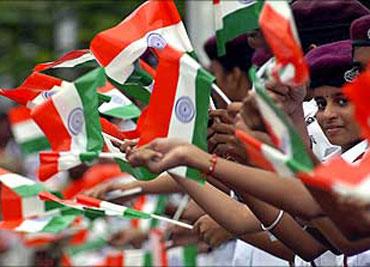
Are Indians becoming progressively less honest?
When I voiced the thought to my friend Bidhu Mohanty, who is now director general of Income Tax (Investigation), he went a step farther to wonder if the phrase 'business ethics' isn't a contradiction in terms!
It's not the lurid scams that prompt suspicion but ordinary events. Look at the figures of taxpayers.
. . .

Recalling Nani Palkhivala's famous Budget lecture blaming the 83 per cent tax regime for turning India into a nation of tax dodgers, Mohanty told Calcutta Chartered Accountants recently that Indians still try to wriggle out of paying tax.
Yet, the rate of between 30 per cent and 35 per cent is among the world's lowest.
. . .
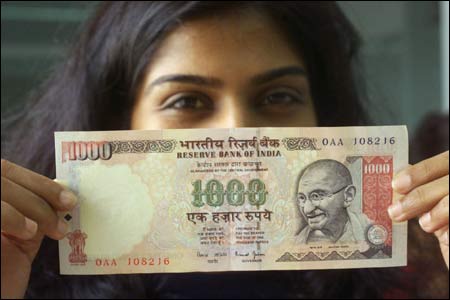
One had to be raid before he admitted an additional income of Rs 18 crore (Rs 180 million).
Even the sequence Jinesh Vanzara, a Calcutta Chartered Accountant, outlined at a recent seminar was revealing.
There was no thought of anything as intrusive as search and seizure when the first Income Tax Act was adopted in 1922.
. . .
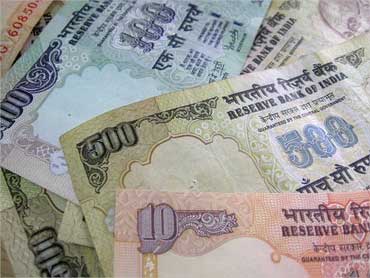
The government tried to introduce it in the wake of rampant profiteering during World War II but the Bill had to be dropped.
The courts overruled moves in that direction in 1954 and 1956 when some people may still have believed in innate honesty and the sanctity of privacy.
Now, only the ebullient Subramaniam Swamy seems to cling to the belief that people will voluntarily pay their taxes without the search and seizure operations that were permitted for the first time in 1961.
. . .

In 1974, the Supreme Court upheld the law as being in the national interest, having become wise in the ways of the 'megarich', to use the latest American term.
In the last two years, India has concluded negotiations for 16 Tax Information Exchange treaties, renegotiation of 21 existing Double Taxation Avoidance Agreements and 18 new DTAAs.
But will they change anything?
. . .
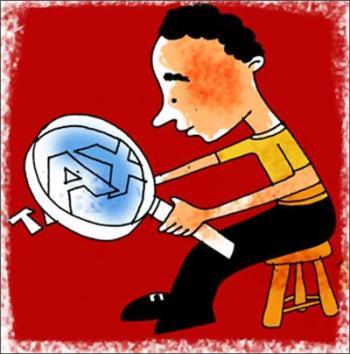
It's like electoral expenses with Atal Behari Vajpayee once telling a joint parliamentary committee that all Indian legislators start their careers with the lie of the false election return they submit.
They still do, despite more generous funding.
Some Indians may keep money abroad for innocent travel. For some a Swiss account is a status symbol.
But criminals who salt away the ill-gotten gains of drug trafficking and smuggling (people, guns, gold) to finance terrorist operations deserve to be hunted down ruthlessly and punished much more severely than the law now permits.
. . .
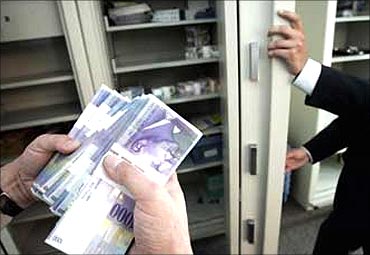
If, in the process, a few innocent offenders are also inconvenienced, that can't be helped.
I could understand, therefore, when Mohanty described search and seizure operations as 'a necessary evil'.
They were previously seen as a deterrent. Now, they have become a tool of tax collection. Both are morally and socially permissible if carried out with restraint and dignity.
We don't want a repeat of the escapade in a Kolkata suburb when thieves posing as tax officials looted Rs 110,000 from a house.
. . .
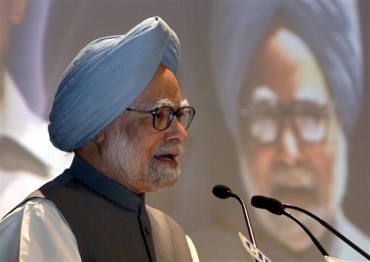
Nor do we want householders to suffer heart attacks from harassment.
Search and seizure must be conducted with decency within the parameters of the law.
Greed must be punished just as needs have to be respected.
I like Mohanty's suggestion that all payments above, say, Rs 5,000.00 should be only by cheque.
That would stump many lawyers, doctors and, yes, tax consultants.
We could also emulate Britain that has abolished bearer cheques. All cheques are now crossed.
. . .
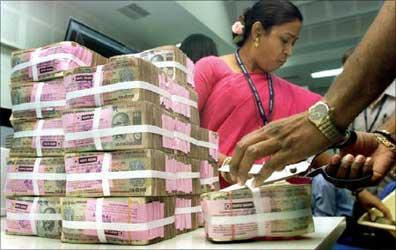
But Arun Jaitley and others would at once be up in arms if Pranab Mukherjee introduces schemes to come clean and be taxed without being penalised, as several European countries did after the US set the ball rolling in February with another offshore voluntary disclosure initiative for Americans with unreported foreign accounts.
They would accuse him of making a deal with shady businessmen.
. . .
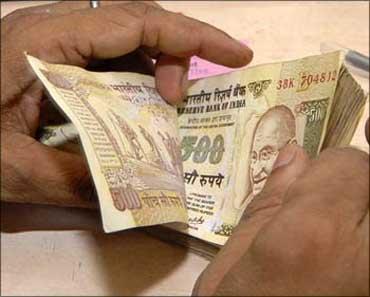
Sadly, given the nature of Indian politics and the sources of party funding, such arrangements would not be beyond the Congess, BJP or even some Left Front parties.
Which brings me back to my original question about the difference between Judaeo-Christian ethics and Hindu, Muslim and Confucian-Shinto-Taoist morality.
Are Asians, and Indians in particular, less honest than Westerners?
Or are we just less sophisticated about our thieving?